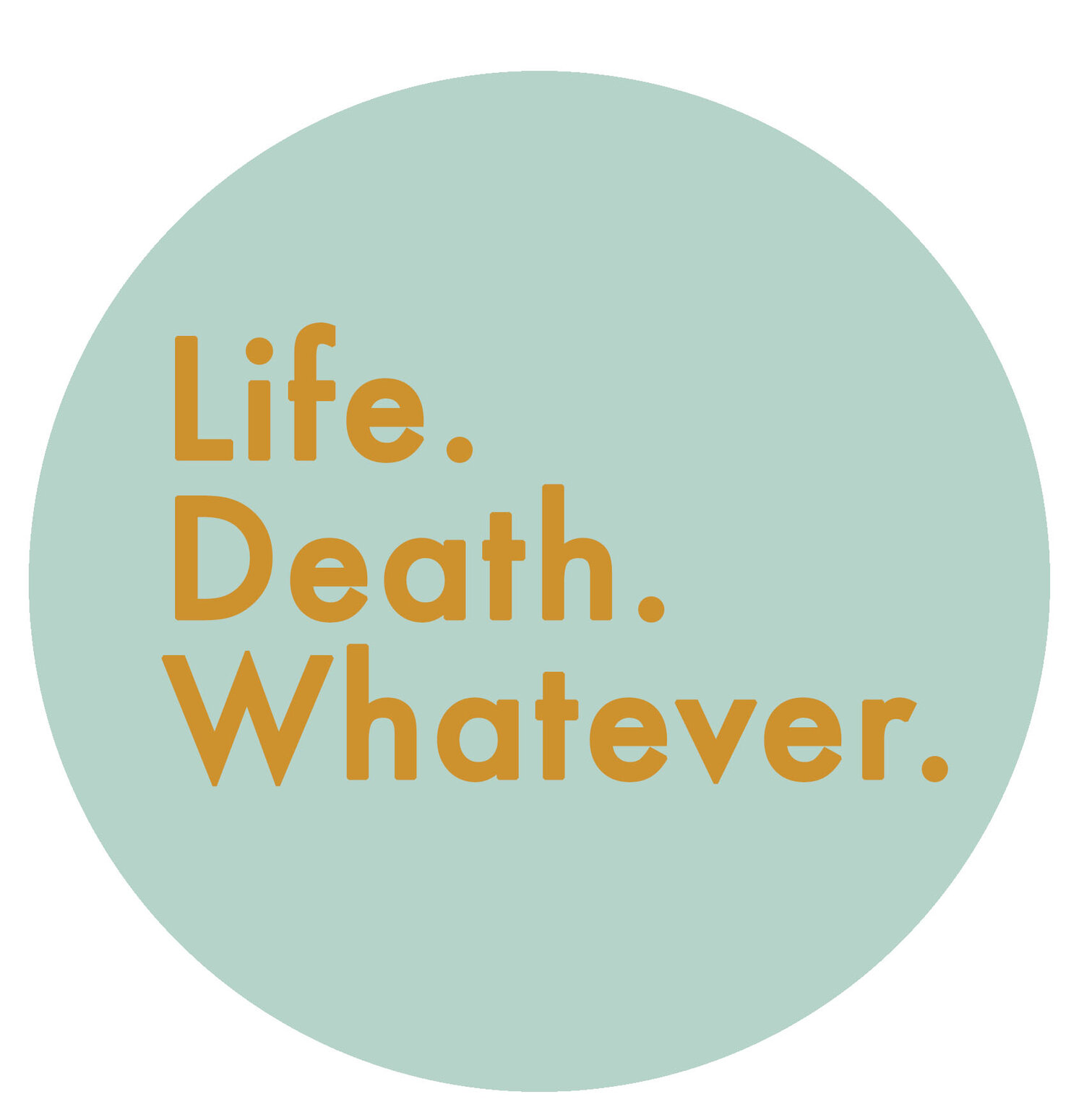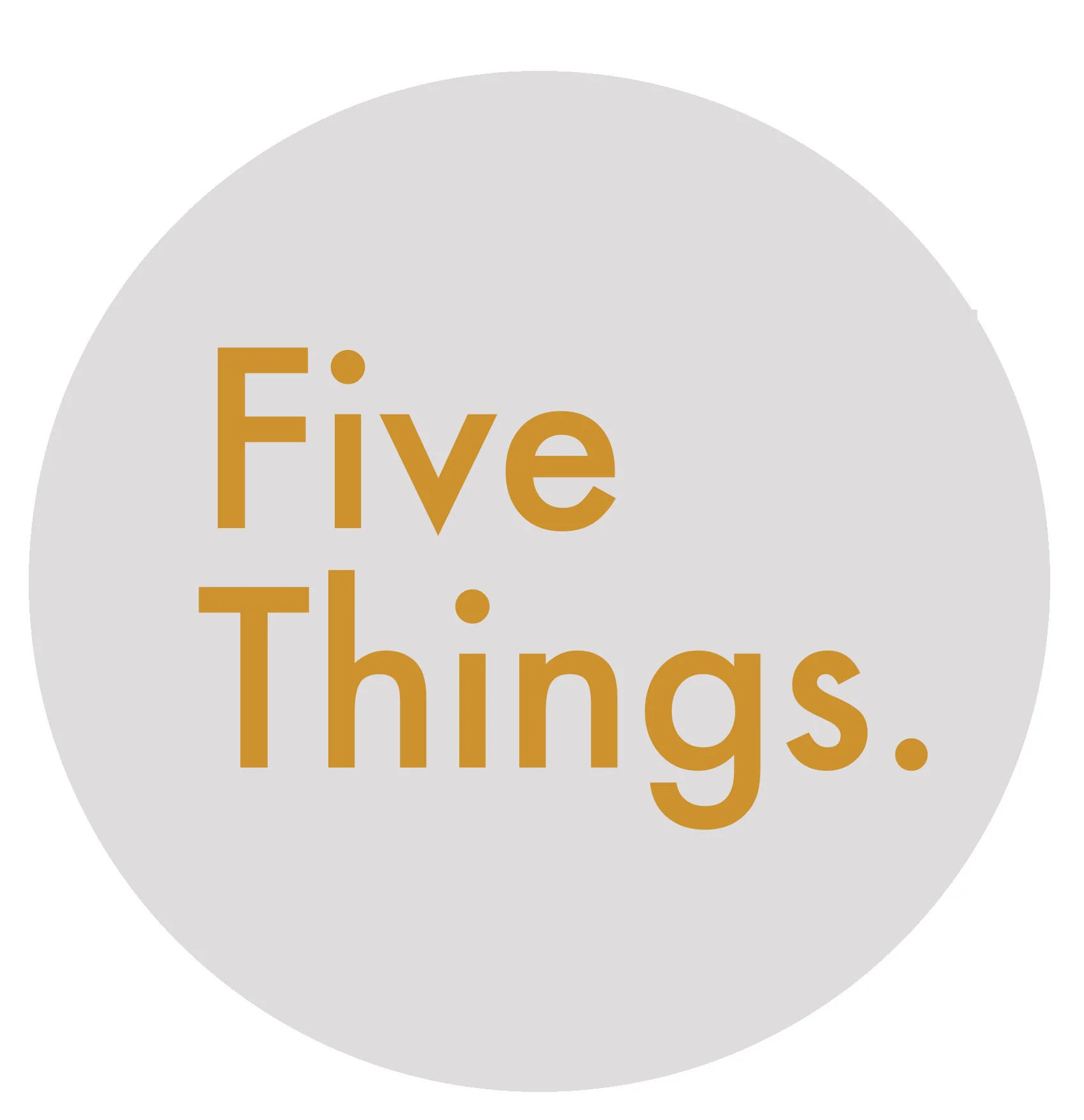By Jan Eversfield, who lives with severe symptoms and significant disability
I lived with invisible symptoms for twenty years and had not realised I had become disabled until my physician gently told me this. At first, it was a shock but over the last four years, this has been the thing I needed to face and find my own way through. I have a neuromuscular disability which has deteriorated especially over the last four years.
I work as a palliative care nurse and adore my job. I am a passionate advocate for a “What Matters To You” #WMTY approach of those in our care. Often the answers surprise us and it is our job to support where we can & and hold this space.
What is important to me is having everything I need in place for my wishes over my future health as much as possible as it’s the only control I have. I have written about this here.
I live with severe symptoms and significant disability and wanted to write about this as I feel we are often an overlooked group by health and social services and have to deal with ableism regularly from society. As well as the challenges there is a lot I have learnt and about myself over the last four years and this may resonate with others.
Adapting to and acceptance of disability continues to be a recurrent psychological process: needing to use a walking stick, having furniture raised at home and the need for an inflatable bath hoist (it’s a bit like a bouncy castle!) can be really difficult to accept. Many people will rightly say “if it helps you then it’s good”. It takes me longer to do physical things and I often have to summon up the energy to get going. It’s more about what these things mean for me, that things are changing, becoming dependent on aids and where all these things are pointing to in my future in terms of mobility and especially the impact that will have on my life outside of work and job security. I am becoming better at accepting adaptations improving my quality of life and now would not be without them. I still struggle with not being able to the physical things I want to.
Access to health and social care, attitudes of some healthcare staff when seeking answers, society’s attitude about disability and unwanted questions and comments from strangers or acquaintances are things we all face in different ways in the disabled community. There remains stigma about mental health particularly and invisible disability and even able-bodied people telling us how we shouldn’t call ourselves disabled. Disabled is not a dirty word. It is up to us how we refer to ourselves and how much information, if any, we choose to give to those who are genuinely curious, nosey or plain insulting. During Covid we know that aggression and harassment of all people in protected characteristics has risen. At the same time we have had to deal with the death of so many at risk people, conflicting shielding advice and a fight to get vaccinated. Able-bodied people talk about ‘getting back to normal’ after Covid. For many disabled people their normal is working from their bed or not being able to socialise due to infection risks. The pandemic meant greater accessibility and inclusivity for disabled people and we must not lose the learning that has occurred to enable accessibility and inclusivity for all as we move forward.
I feel so differently about how my body looks now – I am comfortable with my physical appearance which I never thought I’d say! I worry much more about what I can physically do, what each new deterioration means, where this is all leading. I celebrate the days I have managed 10,000 steps and allow myself a short grieving period when I have had tough news or my body won’t function as I want it to. The next day I get up and carry on.
I am not a fan of the saying “what doesn’t kill you makes you stronger” or such other sentiments. Those of us living with long-term illness and disability have no choice but to get on with it. However, through disability I have developed new strong friendships & my long-term friendships are deeper, more honest and real – with my close friends there is nothing we cannot talk about. Their support cannot be overstated. Disability means that I am now joint chair of our hospital’s Staff Disability Network also working with our other staff networks to improve experiences for all minority groups for those in our care and all of our colleagues. I am passionate about this work as well as my day job. I am also attempting to write a book about disability taboos which I hope will be part of my legacy.
I find joy in what might be considered the ‘small things’. Many though will appreciate this, living and suffering the death of loved ones during the pandemic. Joy, laughter, silliness, not holding on to things that don’t deserve the energy, human connection and touch, small wins, cheering others on and celebrating successes are things which make me happy. None of these things would be possible without amazing friends and colleagues around me.
I’m living for now, every day doing the best as I can and seeking out joy & laughter, as it is the only way I can be living with such uncertainty. And I’m, mostly, loving it.
@janseventyfour #MyFutureMyChoice #KeepGettingUpTilICant #DisabilityTwitter



